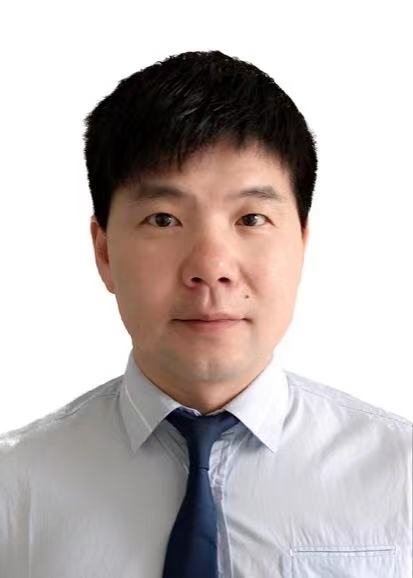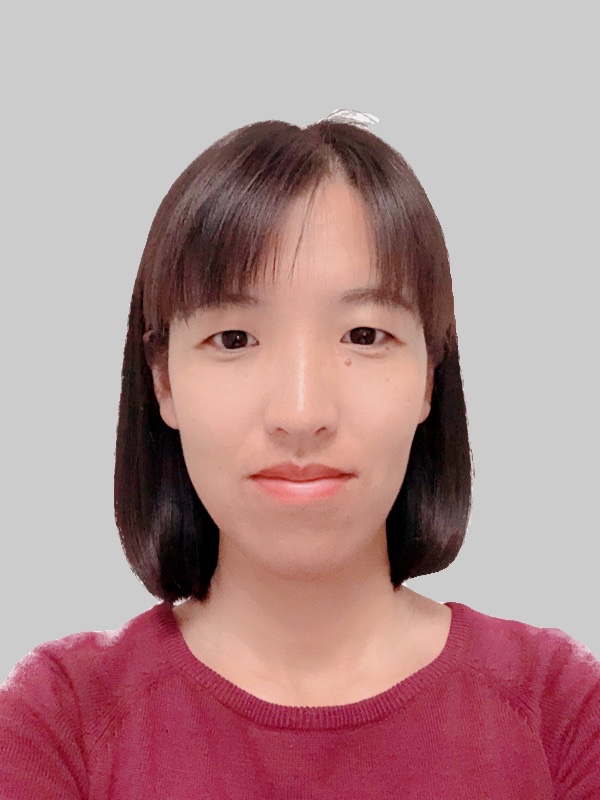The Kibbutz and the Synagogue
The Kibbutz movement, born in the beginning of the 20th century, sought the creation of a new type of Jew in egalitarian and agrarian communal settlements. Most members of the movement were secular and even atheist; they did away with many old Jewish traditions and invented new ones.Thus, synagogues were not established in most Kibbutzim, and members considered them undesired.This reality has changed in recent years, as several Kibbutzim agreed to open synagogues on their grounds – stirring internal controversies and lamentations about the demise of the secular essence of the movement.
With the full support of the Shandong-Tel Aviv Center for Israel and Jewish Studies, Dr. Omer Einav's, Dr. Li Yong's and Dr. Chen Yanyan's project examines case-studies of newly established Synagogues in Kibbutzim. Their work explores the reasons for this transformation, the social forces that support and oppose it, and how it changes social dynamics in communities that are still predominantly secular.
Dr. Omer Einav gained his PhD at Tel Aviv University. He specialized in the study of the sociology of sports in mandatory Palestine, and is currently engaged in several additional projects, including on the history of his own Kibbutz, Beit Alfa.

Dr. Li Yong is Associate Professor at the Center for Judaic and Inter-Religious Studies, Shandong University. Li holds a PhD in Religious Studies and a Master's Degree in Philosophy. His current research focus is Marxism and Jewish history in the Middle East and Europe. He is currently studying the Kibbutzim, and Zionism at large, and has published several articles in this field.

Dr. Chen Yanyan is Assistant Research Fellow of Israel Studies at the Center of Judaic and Inter-Religious Studies, Shandong University, and the Assistant Secretary of the SDU-TAU Joint Institute for Israel and Jewish Studies. Her research focus includes Israeli history, politics and cultures. She has published articles on the history of Kibbutz and on Israeli Politics.

